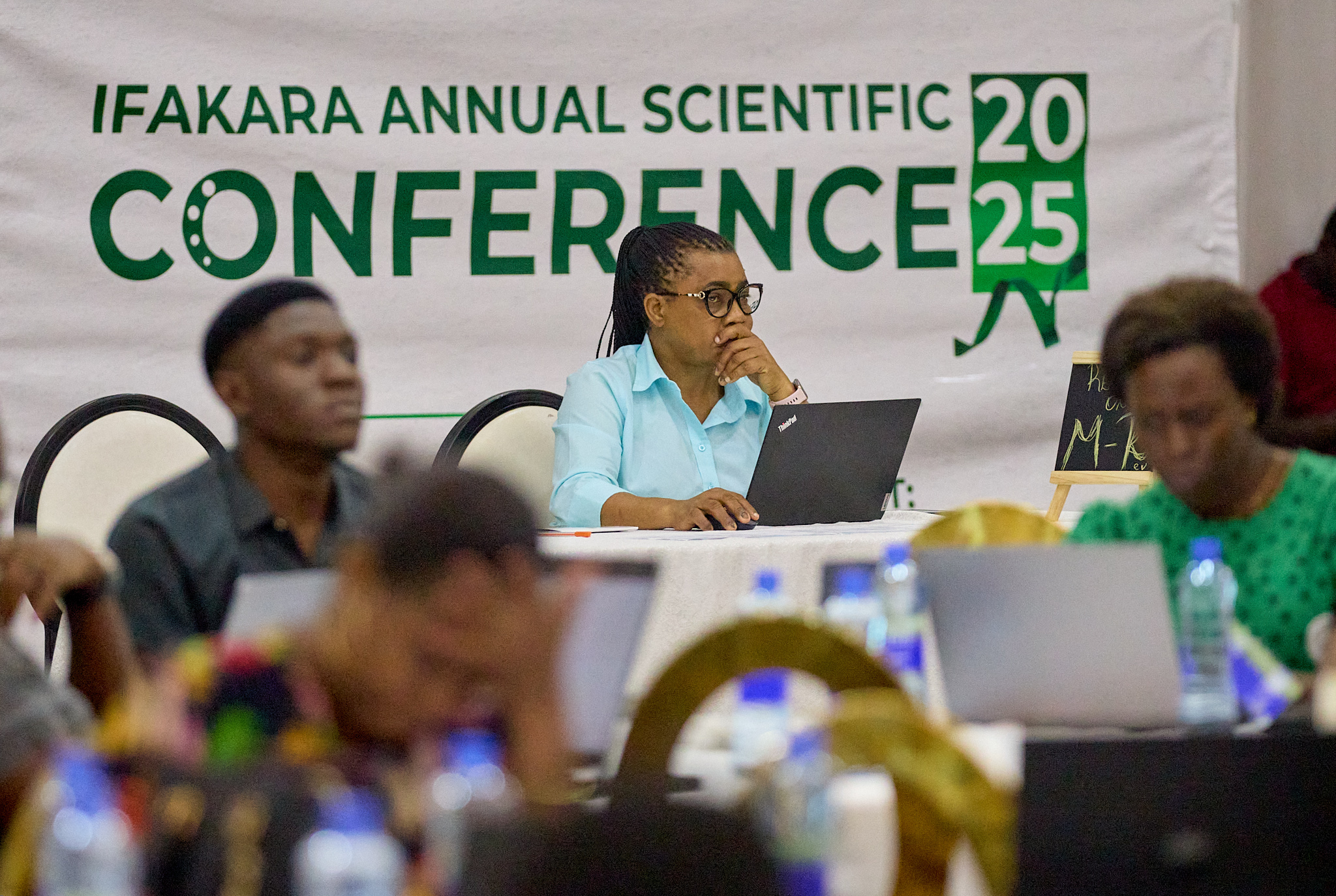
IASC2025: Equitable digital innovation for resilient and intelligent health systems

At IASC2025, conversations on digital transformation underscored the critical role of data and technology in shaping stronger and more equitable health systems.
In a keynote address, Dr. Robbert van der Most examined “How the Age of Big Data and AI is Changing Translational Science for Infectious Diseases.” He highlighted how artificial intelligence and large-scale data analytics are opening new frontiers in infectious disease research, from predictive modeling to real-time surveillance, enabling science to translate more rapidly into lifesaving interventions.
Building on this, a panel on “Public-Private Data Collaborations for Public Health” brought together experts including Dr. Masoud Komunte, Dr. Abdallah Mkopi, Dr. Samson Kiware, and Aneth Vedastus. Their discussion emphasized the need for trusted partnerships that bridge research, government, and private actors to unlock the full potential of health data. Collaboration, they noted, is essential to improve decision-making, accelerate innovation, and ensure that data serves communities effectively.
Breakout sessions further explored these themes, with discussions ranging from Climate Change & Infectious Disease Dynamics, to Health Systems Resilience & Service Delivery, and Data Tools & Environmental Intelligence. These sessions examined how ecological change influences disease patterns, how facilities can adapt to climate-related pressures, and how GIS, remote sensing, and early warning systems can guide timely public health responses.
The day closed with a panel on “Building Digital Health That Works Where It Matters Most” featuring Dr. Abuubakar Maghimbi, Ms. Rhoda Ndakwe, Dr. Dunstan Bishanga, Dr. Esther Elisaria, Dr. Sebantile Myeni, and Dr. Emmanuel Kaindoa. Panelists highlighted the importance of designing digital health solutions that are inclusive, context-driven, and responsive to frontline realities.
The discussions reinforced a shared message: resilient health systems will depend not only on technological breakthroughs, but also on ensuring innovations are collaborative, climate-aware, and equitable for all.
Beyond the science at #IASC2025
Beyond the scientific conversations, participants at IASC2025 also engaged in discussions to stay up to date with the operational pillars that keep the Ifakara Health Institute running smoothly.
Dr. Zawadi Mboma, on behalf of Dr. Prosper Chaki, Director of Stakeholder Engagement and Resource Mobilization, shared insights on resource mobilization, highlighting how understanding funding priorities can help staff align their work with the institute’s goals. Dr. Ally Olotu, Director of Science, showcased the institute’s scientific portfolio, emphasizing the value of transparency in research directions for fostering collaboration across teams.
Mr. Raphael Laizer, Chief Operating Officer, outlined operational strategies, demonstrating how clear communication of plans strengthens efficiency and coordination. Finally, Mr. Josam Katanga, Head of the Monitoring and Evaluation Department, presented best practices for tracking progress and stressed the importance of accountability, reinforcing a culture where all staff member’s contributions are recognized and aligned with institutional objectives.
By sharing these updates openly, the institute ensures that all staff are informed, engaged, and empowered to contribute meaningfully to its mission.
These sessions emphasized that effective operations are essential to support research, coordinate activities, and ensure the institute delivers its mission efficiently and impactfully.
